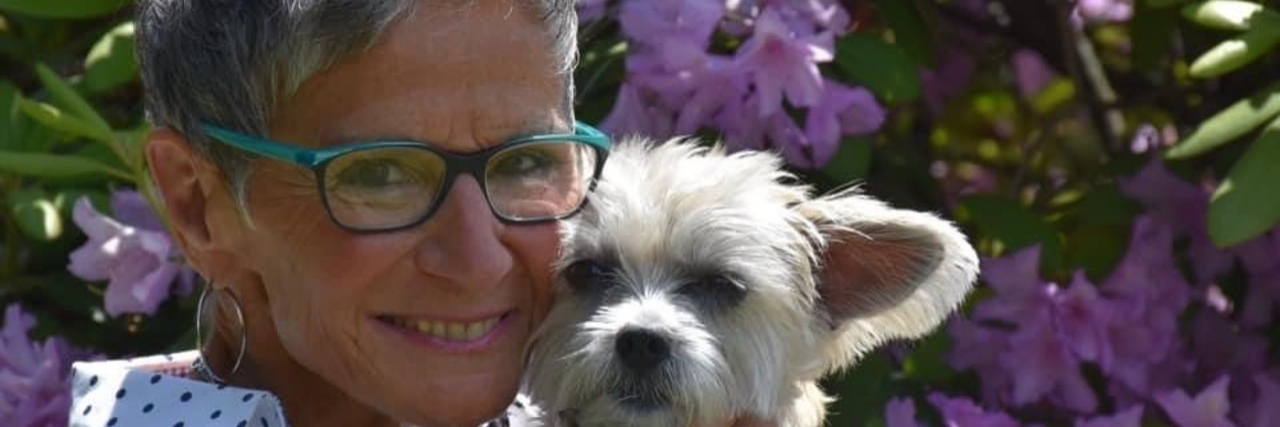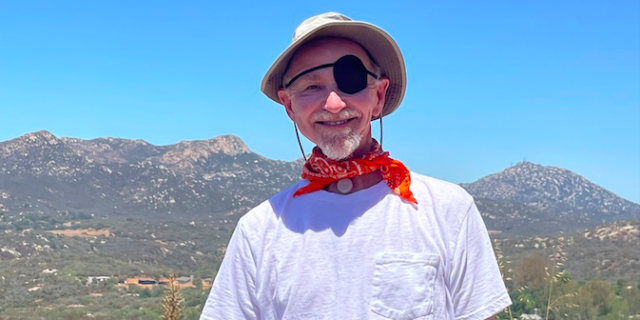Part 1 of 2 Human Papillomavirus (HPV) is a ubiquitous and sexually transmitted virus affecting millions worldwide. It is a leading cause of various diseases, including cervical cancer, making it a significant public health concern. This introduction aims to shed light on the critical role of the HPV vaccine in preventing these diseases by providing an overview of HPV, its associated health risks, and the primary purpose of this post: to inform, educate, and advocate for HPV vaccination.
HPV, with over 100 known types, is the most common sexually transmitted infection globally. While most HPV infections resolve independently, certain high-risk types can lead to cancers, including cervical cancer. Cervical cancer is the fourth most common cancer in women, causing approximately 311,000 deaths globally in 2018. These statistics highlight the urgent need to address HPV infection and its consequences.
Understanding HPV:
HPV is primarily a sexually transmitted virus. It can be transmitted through genital, anal, and oral contact, making it one of the most common sexually transmitted infections worldwide. Understanding its transmission pathways is crucial in both prevention and education efforts.
High-risk HPV types, particularly HPV-16 and HPV-18, are strongly associated with the development of cervical cancer. These types can infect the cervix’s cells and, over time, lead to precancerous lesions and cervical cancer. These lesions are often asymptomatic, making regular cervical cancer screenings essential for early detection.
Statistics highlight the severe health risks associated with HPV. Approximately 570,000 new cases of cervical cancer are diagnosed each year. This underscores the urgency in comprehending the relationship between HPV and cervical cancer and the importance of vaccination as a preventive measure.
The HPV vaccine:
The HPV vaccine is a groundbreaking medical advancement in the fight against Human Papillomavirus (HPV) and its associated health risks.
There are several HPV vaccines available, with the two most widely recognized being Gardasil and Cervarix. Gardasil, for instance, protects against the most common high-risk HPV types, HPV-16 and HPV-18, and low-risk types that cause genital warts. These vaccines offer comprehensive protection against the most concerning HPV types, reducing the risk of developing cervical and related cancers.
The effectiveness of the HPV vaccine is well-established through extensive clinical trials and real-world data. Studies have consistently shown that the vaccine effectively prevents HPV infection and associated diseases. For instance, research has demonstrated a substantial decrease in HPV-related conditions, including cervical precancerous lesions and genital warts, in vaccinated populations. These findings underscore the vaccine’s role in preventing HPV transmission and the subsequent development of related health issues.
Safety is a paramount concern for vaccines, and the HPV vaccine has undergone rigorous testing to ensure its safety. Common side effects include pain at the injection site, mild fever, and dizziness. Serious adverse events are rare and thoroughly investigated by healthcare authorities to maintain public trust in vaccination programs.
The impact of the HPV vaccine:
One of the most significant achievements of HPV vaccination is the marked reduction in HPV-related diseases. Cervical cancer, in particular, has seen a substantial decline in cases, which is expected to continue. Vaccination has significantly decreased the prevalence of high-risk HPV types, reducing the occurrence of cervical precancerous lesions and ultimately preventing cervical cancer.
The impact is not limited to cervical cancer; it extends to other HPV-related conditions like genital warts and oropharyngeal cancer, contributing to improved public health outcomes.
On a global scale, several countries have successfully implemented robust HPV vaccination programs, achieving impressive results. Countries like Australia, which initiated school-based HPV vaccination programs, have seen remarkable reductions in HPV prevalence and related diseases. These success stories demonstrate the effectiveness of proactive vaccination efforts and serve as models for other nations.
Recommendations for getting vaccinated:
The HPV vaccine is recommended for specific populations to maximize its benefits. Adolescents are a primary target group, with vaccination typically recommended for boys and girls starting at ages 11 or 12. Initiating vaccination at this age ensures that individuals receive the vaccine before potential exposure to HPV through sexual activity. Catch-up vaccination is also available for those not vaccinated at the recommended age, extending the opp







